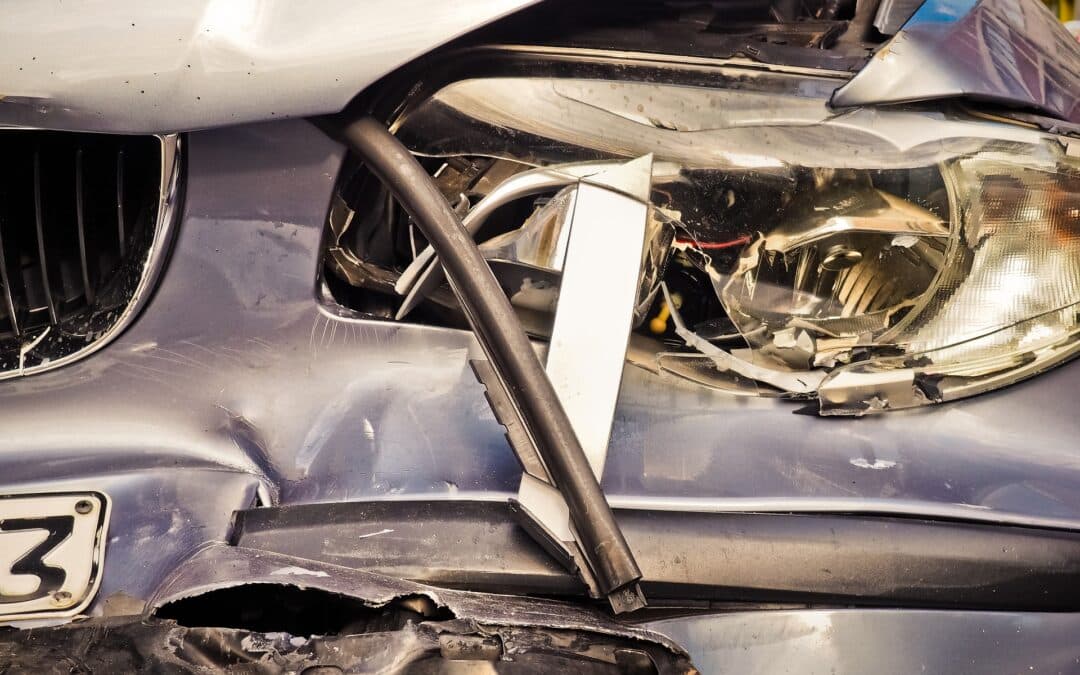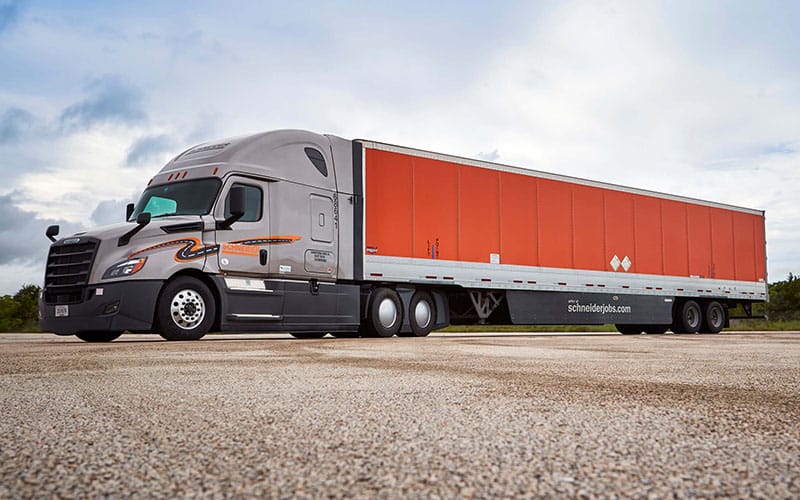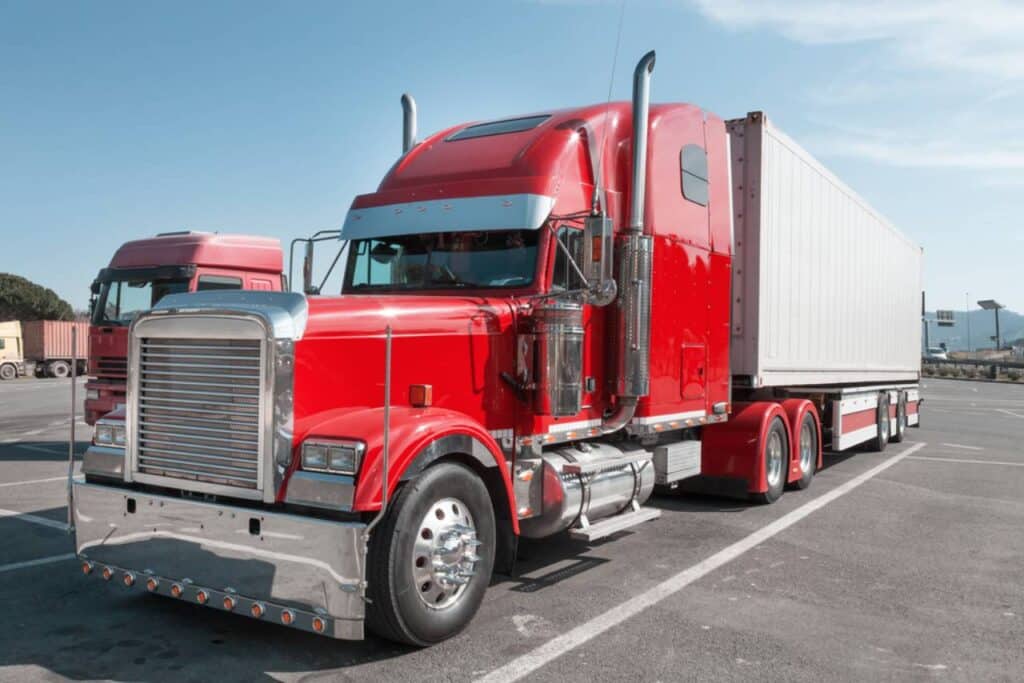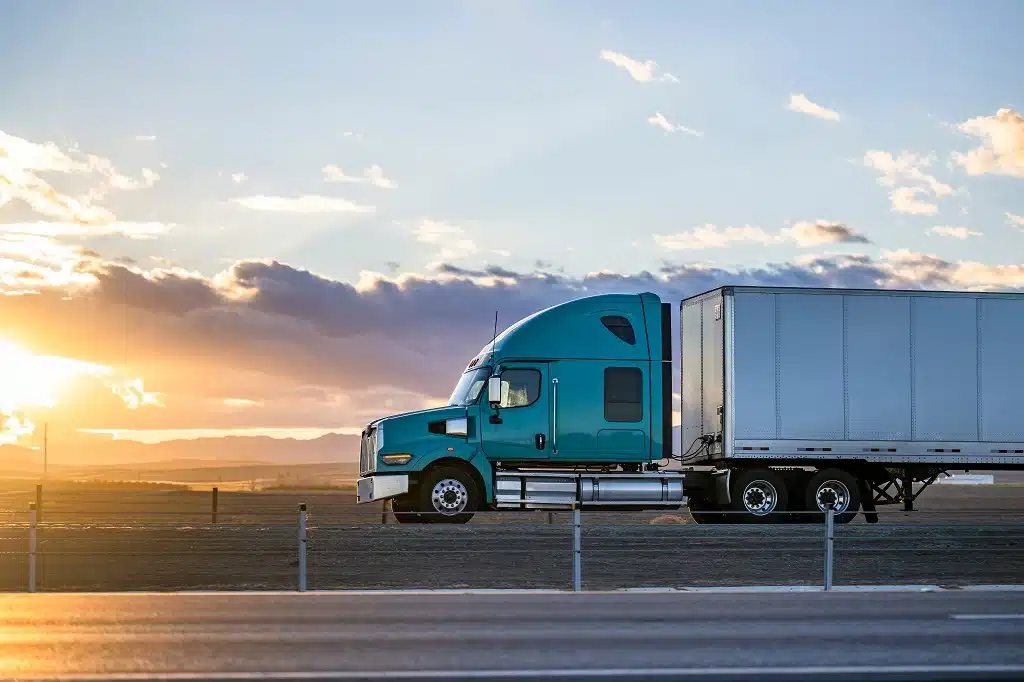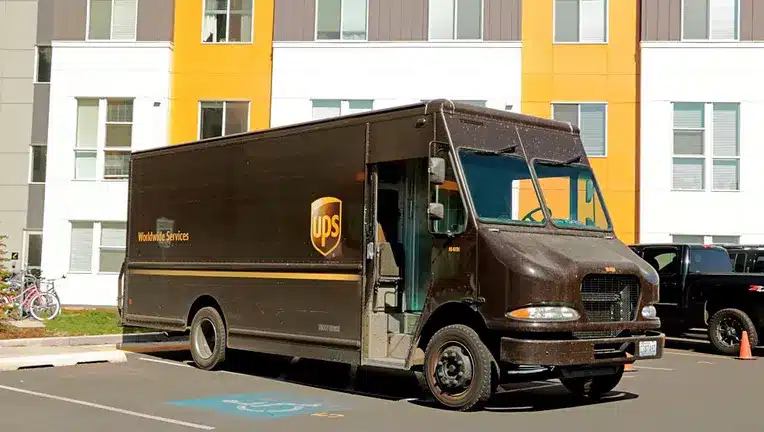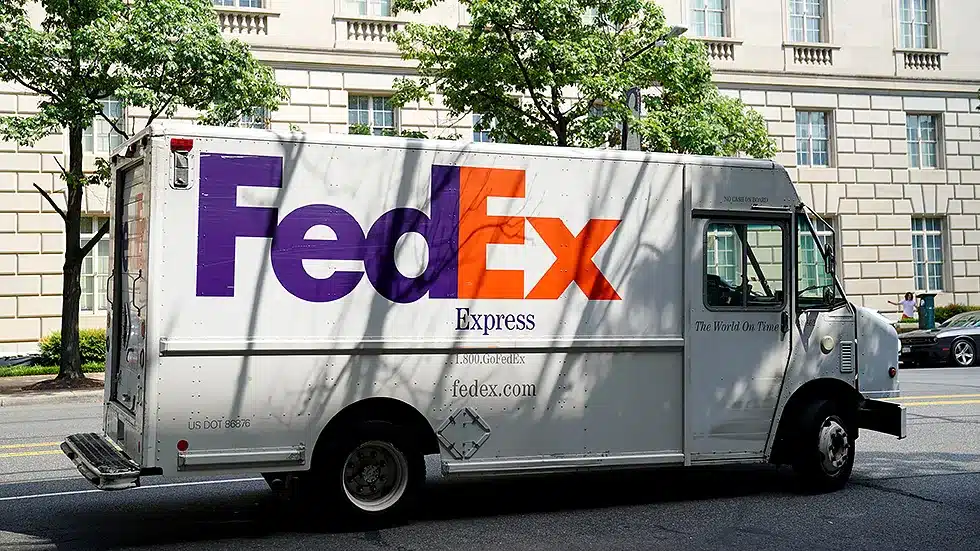What to know about out of state car accidents? Dealing with the stress and worry of a motor vehicle accident is difficult under the best circumstances. The hassle of arranging medical care or vehicle repairs when you are out of state is exponentially harder for many reasons. Out of state car accidents represent a unique challenge above and beyond what you will face with a local collision.
The steps you take after an out of state car accident are similar to those you would take at home. However, you could be unprepared for the differences in laws or insurance policy provisions from one state to another. A dedicated injury attorney can review your case and advise you of those differences. Before your initial consultation, consider these five things you should know about out of state car accidents.
SOME STATES HAVE NO-FAULT INSURANCE LAWS
State insurance laws generally fall into two categories: fault and no-fault. No-fault insurance laws do not mean the at-fault driver is never held accountable, though. In a no-fault state, a person injured in a collision must first exhaust their own insurance policy before seeking compensation from the other driver. That said, there are often exceptions that allow the injured to pursue a claim against the at-fault driver’s policy.
In fault states, there is no requirement for an injured motorist to exhaust their own policy first. These states allow a motorist to file suit or pursue an insurance claim against the at-fault party immediately.
ALL STATES MANDATE NOTIFYING THE POLICE
Statutes vary from state to state regarding what a driver must do after a minor accident. In many jurisdictions, motorists involved in minor accidents are under no obligation to contact law enforcement. That said, all states require the parties involved in an accident with injuries to notify the police. This is important to keep in mind as a driver should not only contact law enforcement but also remain at the scene until the police arrive.
YOUR POLICY IS IN EFFECT IN EVERY STATE
Drivers that are involved in an out of state accident can rely on their comprehensive or liability insurance coverage, even if their policy originated from their home state. In fact, insurance policies will adjust their limits based on the minimum coverage a state requires. This is true not only in every state but also in certain Canadian provinces as well.
YOUR INSURANCE COMPANY COULD HELP
Most insurance policies require drivers to immediately notify the carrier of any accidents, whether they intend to file a claim or not. While this requirement exists to ensure the insurance company has time to investigate, many carriers can help arrange things like tow trucks or rental cars. This assistance can be especially valuable following an out of state accident.
AN ATTORNEY CAN HELP
Never take on the challenge of a personal injury claim on your own. While this is especially true out of state, the reality is there is no good time to pursue a claim without an attorney.
Most of the time, you will be required to file an injury lawsuit in the state where the accident happened. For that, you will likely need a local attorney in that jurisdiction. However, an injury attorney in your own state could help you identify local legal counsel and work with them remotely to ensure your rights are protected. To learn more about your legal options, reach out to a skilled personal injury attorney today.

